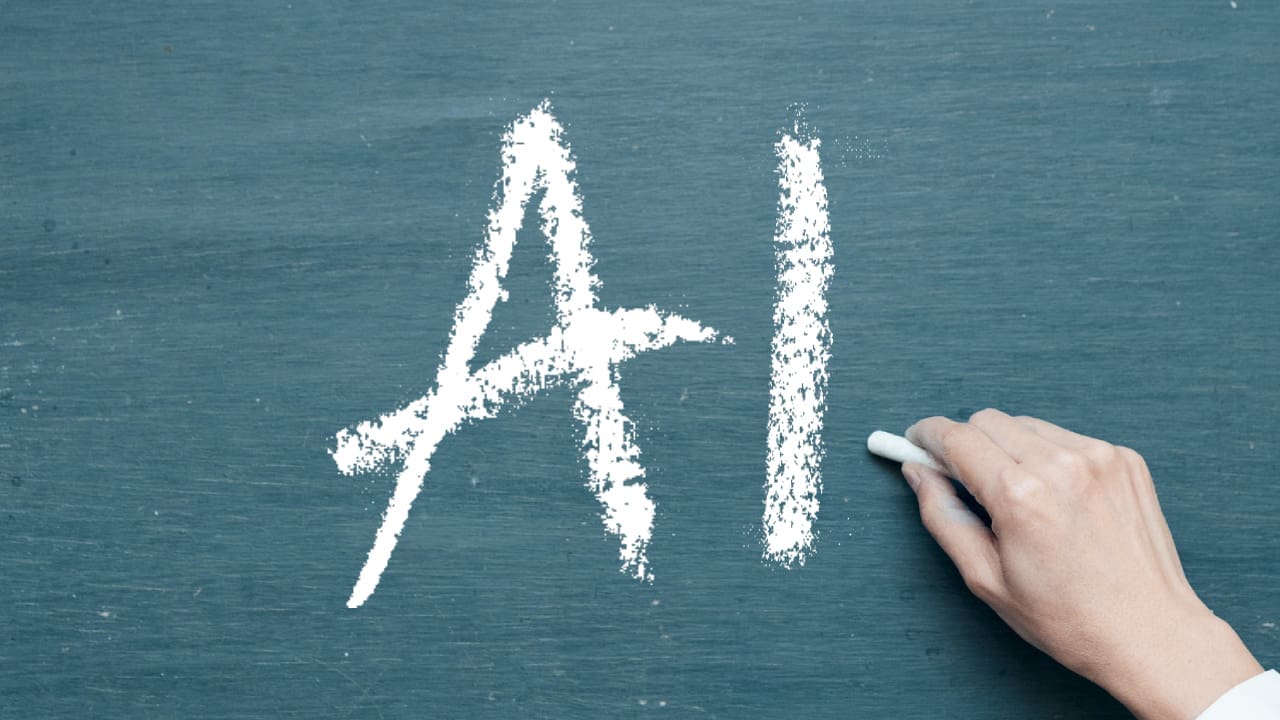Every so often government finds a buzzword it can jump on and ride until its back breaks. The last instance of that was 4IR or Fourth Industrial Revolution. This phrase became synonymous with anything the government wanted to get support for.
Now it seems that government has a new buzzword in its arsenal – artificial intelligence.
Speaking at the Southern Africa Telecommunication Networks and Applications Conference (SATNAC) being held in the Kruger Park this year, Minister of Communication and Digital Technologies, Solly Malatsi, trumped up the value of AI for South Africa.
“Distinguished guests, AI is no longer a distant concept or a futuristic dream; it is here, shaping our present and defining the contours of our future. Around the world, AI is transforming industries, driving economic growth, and unlocking opportunities that we never thought were possible,” said Malatsi.
“In South Africa, we are embracing this reality with urgency and optimism. The appetite for knowledge that we see across the country is a testament to our people’s ambition and readiness to lead the charge into an AI-driven economy,” the minister added.
What exactly the minister means when he says “AI-driven economy” isn’t clear, in fact it’s a very broad statement to make. For instance, Malatsi could be talking about everything from supporting folks who hope to develop AI platforms to AI being used by a company to improve services.
The minister highlighted a number of initiatives that revolve around AI as a whole. This includes the AI Institute of South Africa established by the Department of Communications and Digital Technologies as well as the Department of Science and Innovations Centre for Artificial Intelligence Research.
“Our AI hubs at the University of Johannesburg and Tshwane University of Technology are already delivering tangible results, innovating in sectors like automotive, healthcare, mining, and digital identity. These hubs are more than just centres of learning – they are engines of change, driving localised solutions that respond to South Africa’s unique needs. We will continue to expand these AI hubs across the country, ensuring that every region benefits from this transformative technology,” said Malatsi without letting on to what these “tangible results” are.
In fact, most of Malatsi’s speech is vague as it comes. There was talk of the local AI market growing “exponentially”, increased investments and more. The trouble is that most of the world’s AI is coming from a handful of companies, none of which are from South Africa. We may be using AI to improve insurance claim rates or to add chatbots to websites but ultimately, we’re paying foreign entities a premium for that technology.
The good news is that Malatsi is aware that AI development must be approached with some trepidation.
“Ladies and gentlemen, we are a constitutional democracy. So, as we foster this connected society, we must also consider the ethical implications. AI has the potential to uplift – but only if we ensure it is deployed responsibly. It is our duty therefore to create an AI ecosystem that respects privacy, human rights, and the dignity of every South African,” the minister said.
The trouble is that it could be argued that no major AI development company “respects privacy, human rights, and the dignity of every South African”. In order to acquire the data they need for training, AI developers scrape large swathes of the internet for data, without permission. This very website has been brought to its knees because of AI bots scraping our content and we’ll never see any sort of compensation or acknowledgement from the companies that effectively stole our content. As for punishment for using content without permission, there is little if any recourse for content owners, and lawsuits filed against these billion dollar companies are ongoing.
AI is also rapidly replacing jobs and in an emerging market such as South Africa where folks need any work they can get to out food on the table, this is concerning.
Granted, Malatsi is aware of the threat AI poses to the livelihood of South Africans but how that threat is addressed and dealt with is of the utmost importance. Sadly, there is little in Malatsi’s speech that helps us understand how government is actually going to drive investment in AI locally or address the danger it poses.
With all of that having been said, we believe we’d be foolish to ignore Malatsi. The minister has shown he has a preference for finding solutions to problems rather than waving them off. In fact, the minister is working hard to get all South Africans online, with Starlink forming part of that discussion.
We do hope that this same attitude is being levelled at AI and after a few more discussions the path forward is clearer than just starting up some initiatives and courses or hoping the private sector will pick up the slack.
The simple truth is that if South Africa really wants to be a player in the global AI market we need to do more than leverage existing platforms. We need to drive our own developments in the field. Whether that can be done on a large enough scale is the question that needs answering and Malatsi seems to be geared to answer the call.
For now though, we’re treating mention of AI by government with the same trepidation that we have when 4IR was mentioned. For all government’s crowing about smart cities, SA Connect and other 4IR projects, few if any have borne fruit and we just hope AI isn’t a repeat of that.

